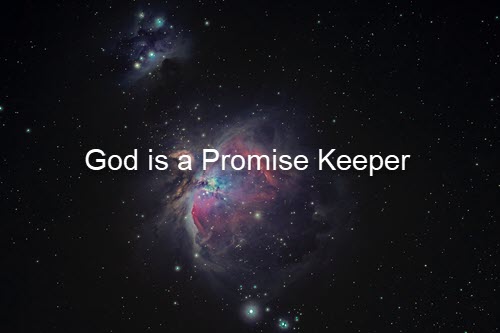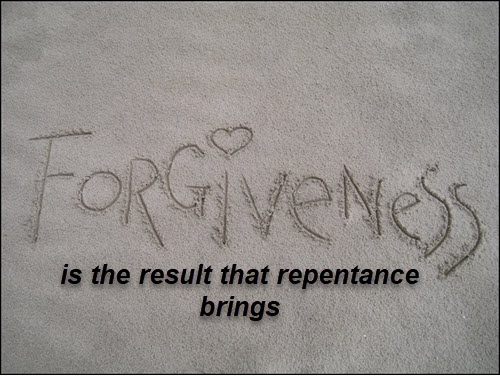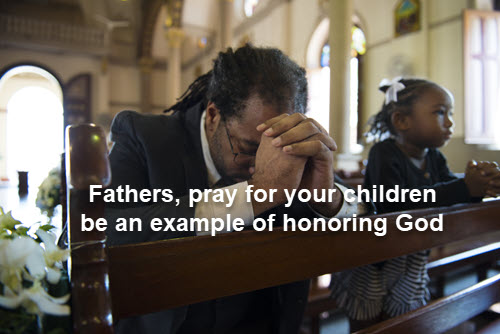Exodus 4-6 God takes what is imperfect (in our eyes) and uses it for His glory. He wants us to see that it is His glory, not ours. And so we meet Moses as a shepherd who, like many of us, feels like they have failed in this life. They are not waiting for the wonders of God to be revealed; instead, there is no hope for me, a man of uncircumcised lips. We say I am not worthy, just as Isaiah said, and that is true, but God is the potter, and we are the clay to be molded to be used for His glory. Will we let Him mold us?
God is a promise keeper. He made a promise to Abraham, and now it is time to keep that promise. So, God says: I have established my covenant, I have heard, I have remembered (Does God forget?? Unlike us, God does not forget. Go read Isaiah 49:14-16), I will rescue you; I will redeem you, I will take you as My people. Yet, like Moses, we begin “suppose…suppose” with excuse after excuse. No wonder God gets impatient with us!
Where am I/ are you making excuses today? Time to say: No more Moses! No more excuses. Maybe your last week was a week of excuses, but the calendar is changing this week, and we should too. So use us, Lord, in whatever way You desire that Your promises may be revealed.
Photo Credit: Bryan Goff on Unsplash – Author notes










